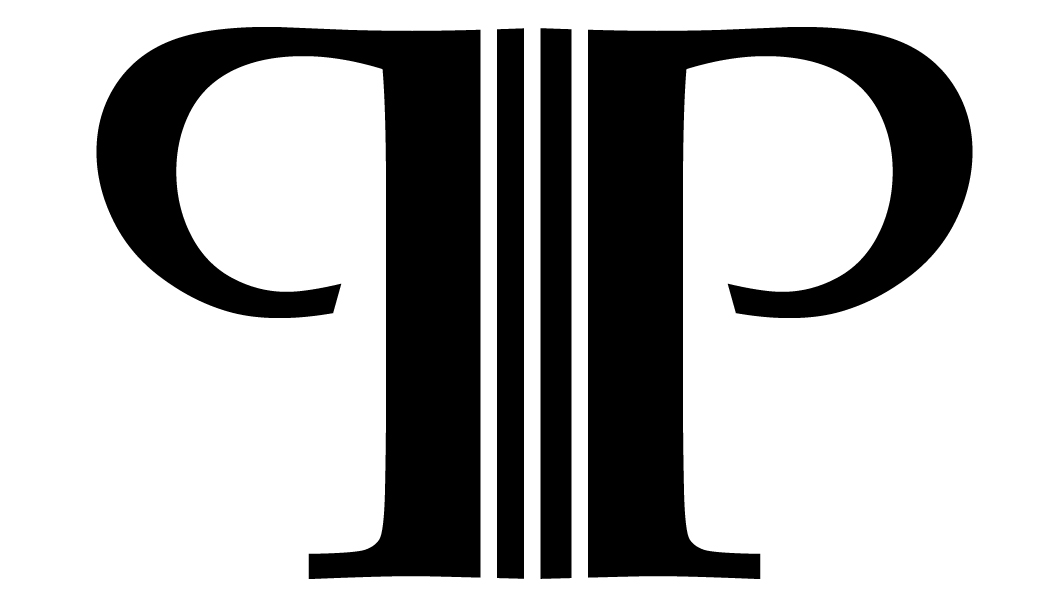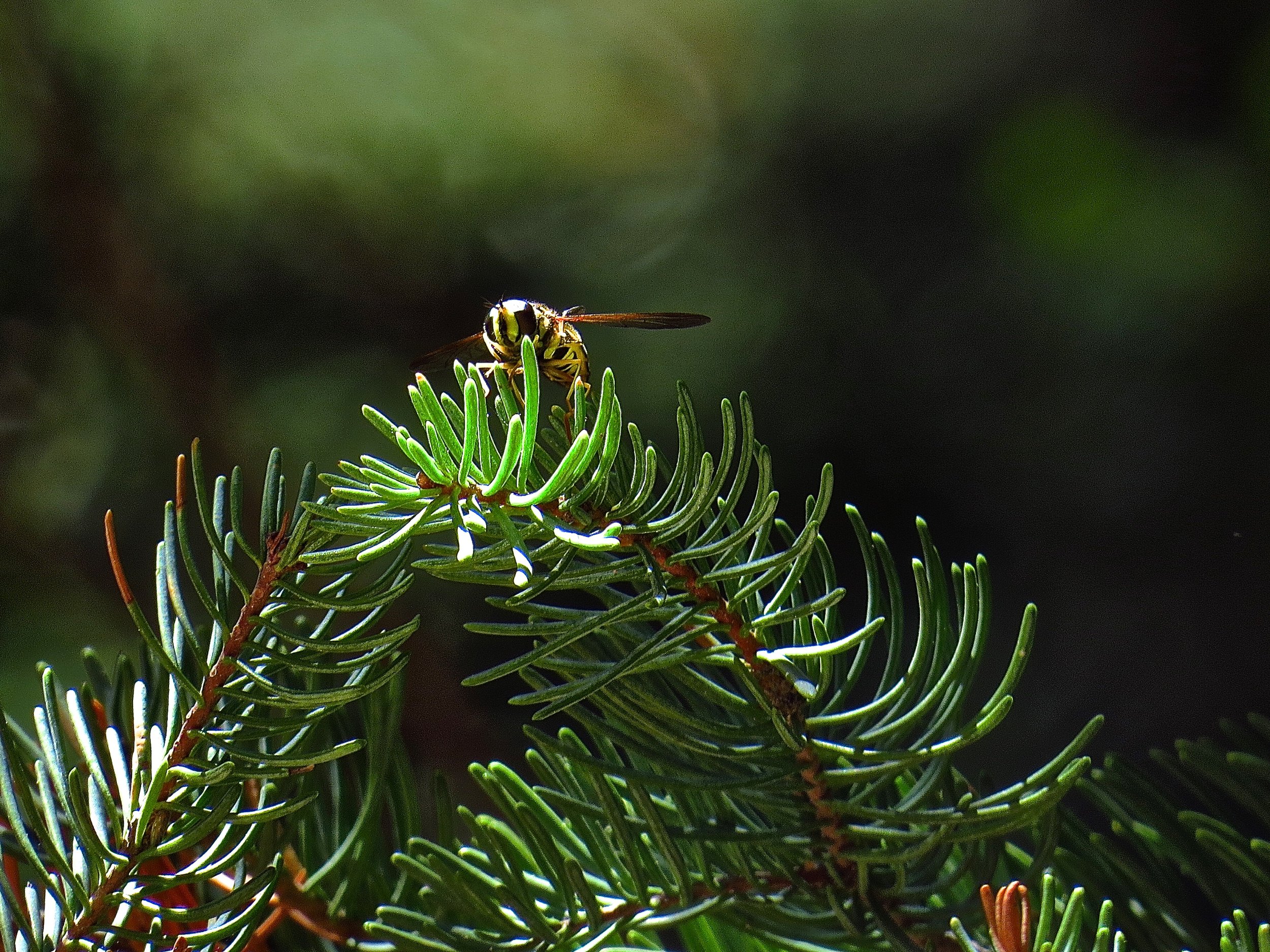I'm that person that doesn't read the manuals.
It isn't that I don't understand the value in doing so: I just don't do it. I’d like to tell you that the reason is because I enjoy the process of figuring things out for myself, but the truth is that I hate reading manuals more than I hate figuring things out. To me just looking at the manuals is painful. Put it in an online format and it becomes tortuous. One might say, “well, that is because you are a Luddite, Melissa,” and one would be correct in that assumption. But it’s not the only reason. As I get older I have come to realize some basic truths about myself: some good, some not so. One of these truths is that I am inherently lazy about some (but not all) things. If you think about it, isn't long hair really easier? Another is that if something doesn't stimulate my brain, I'm just not into it.
I am fascinated when I watch people crochet or knit: they have this peaceful look on their face. Someone was knitting during a meeting the other night and I could not take my eyes off her because she then began to talk AND knit. Grandma Moses thing going on there. The meeting about sheep interested me. Knitting, while fascinating to watch, does not.
But in somehow believing myself capable, I will often pick up a needle and thread to repair a tear, mend a sock or even sew on a new button. Disaster almost immediately. I now have to wear magnifying glasses to thread the needle and look a bit like Geppetto. I can't get through the first button hole to even begin and then I seem to create my own zig-zag pattern making the backing on the new button about four inches thick. I can't knot the thread, my thumbs suddenly becoming freakishly large, so I just go back and forth and in and out until I run out of thread.
Once I was performing in an old town hall: perfect place to play, big windows, lots of seating, quaint stage and a beautiful, old wood floor. As I sat down I gave my end pin a bit of an extra push into the floor but really didn't feel I needed a rock stop or anything of the like. “Aesthetics”, you might ask. ”Lazy”, I might reply. We launched into our piece and things were going well, the ceilings in the building created the perfect resonance for sound production. As we moved into the final movement, a fast, furious tempo, as final movements tend to have, and my big vibrato began to move my end pin..just a little, and then a little more. I could feel the cello shift slightly and tried to balance it with my upper body. Apparently the vibrato won as my end pin quietly lifted and began sliding across the wood floor, which did not at this point seem quite so beautiful. I tried following the wayward end pin with the rest of the cello, hunching forward with my body adjusting for the increasing slide, but, law of physics talks about things begin in motion staying in motion and my end pin obeyed the law. I had to start over.
Lately I have found both thumbs bothering me. Through some Sherlockian deduction I realized that it was because I was alternating back and forth between my heavy bow and my lighter bow. While using my lighter bow for facility, I was trying to duplicate the sound production from my heavier bow by using my thumbs as a counter balance. I have since moved back to using just the weightier bow which does more of the heavy lifting for me. Interestingly, it is the remaining pain in my thumbs that is making me more conscious of keeping my right thumb flexible on the bow and keeping my left thumb loose on the neck. Apparently no pain, no gain.
It isn't our successes that shape us, it is our challenges, our pain, and especially our failures. I often tell students that I would like them to wrestle with a difficulty for a while on their own before asking for help. I remind them that it is the ten thousand times that things don't work for them that are doing the teaching rather than the one time that things do work.
There have been many failures and difficulties in my life but I can honestly say that, given a magic wand, I would not change them. It is the ten thousand things that didn't go right that taught me rather than the few that did. And it is the few that did that make me feel blessed and grateful. How could I feel that difference without the difficult?
Though it’s been many years since the endpin disaster, I never go into performances without being sure of where my end pin is going to rest because I know how it feels to have it slide away from me. I am more articulate with my bow use because of the pain in my thumbs. Pain, like failure, teaches.
I also have learned that when there is a button that needs to be sewn, I holler “Paul!!…...”
Melissa Perley







